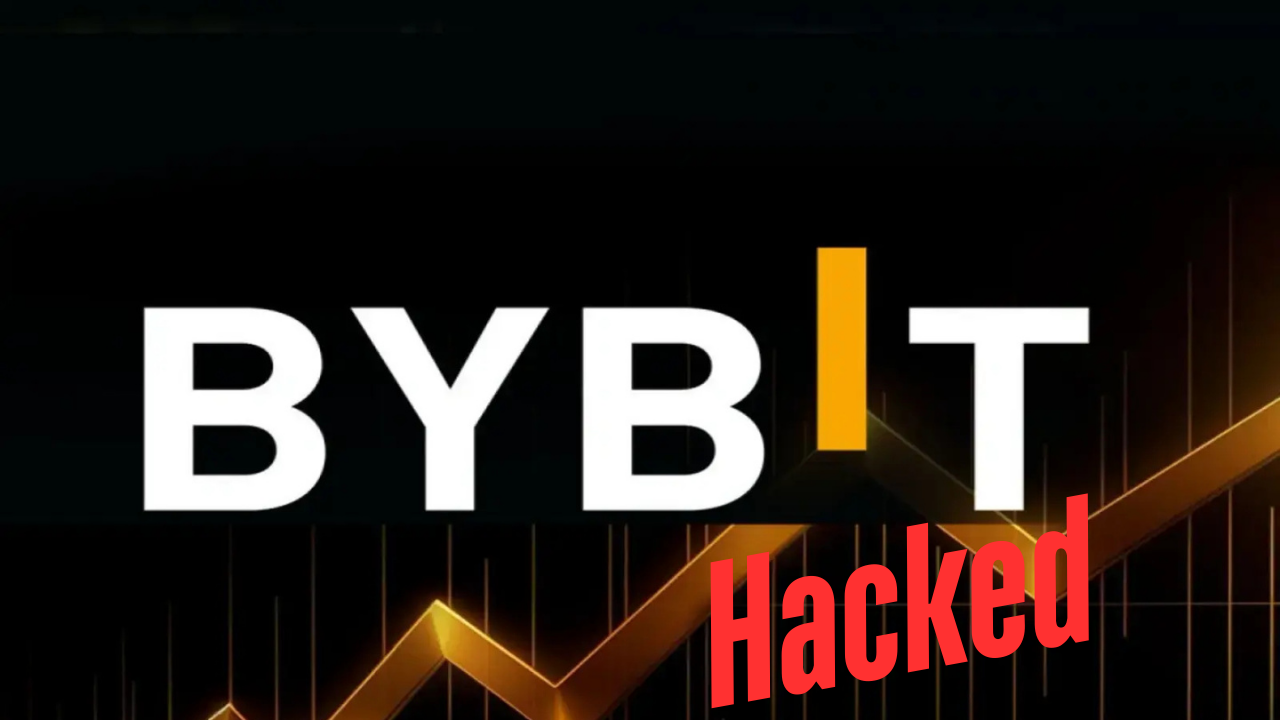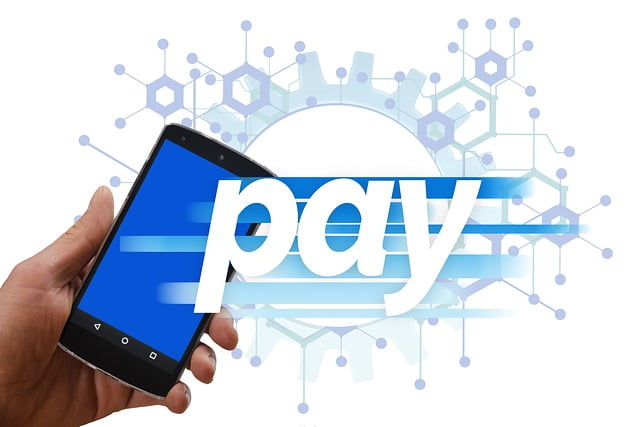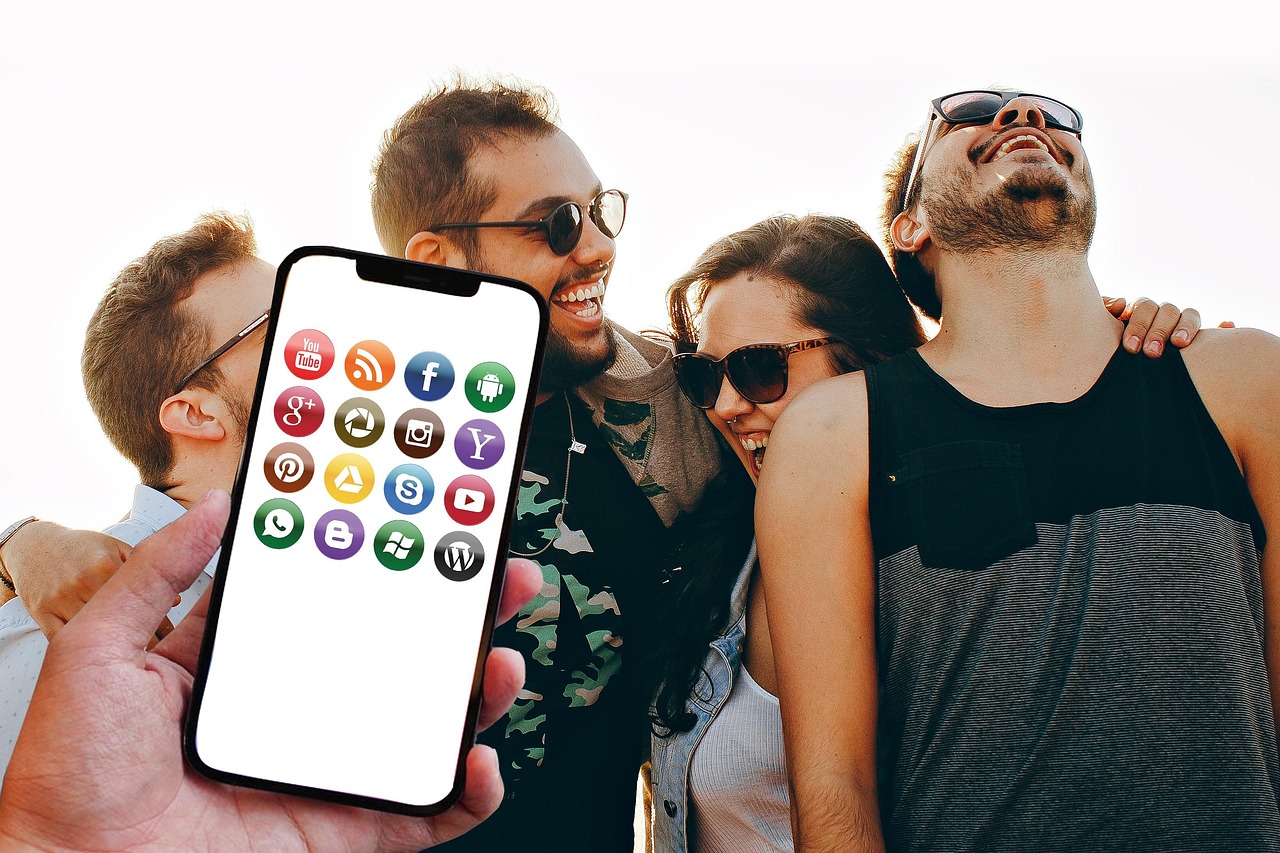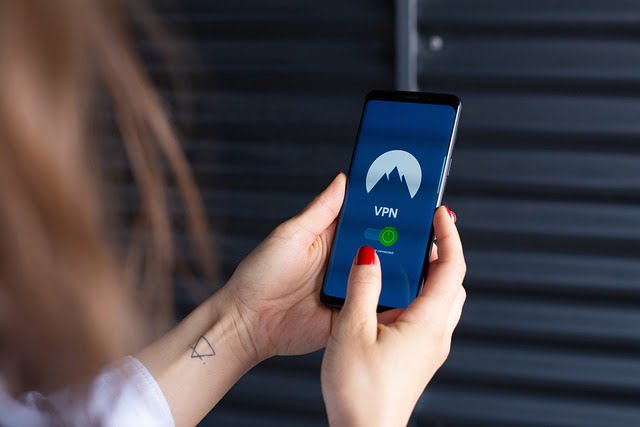What is a VPN? Why Should I Use a VPN?
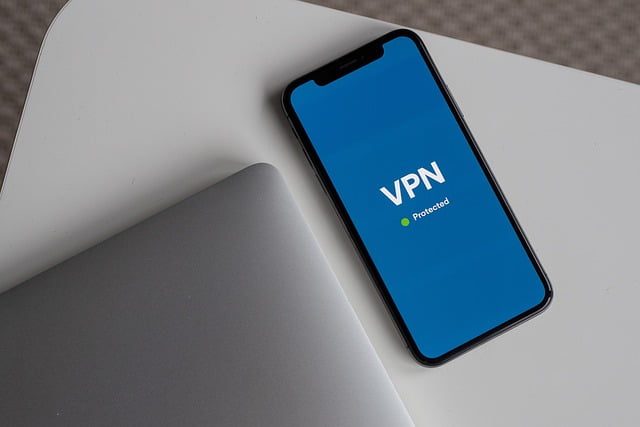
Introduction
In an increasingly digital world, privacy and security have become paramount. As we spend more time online, from banking to shopping to socializing, the need for secure connections is more important than ever. One of the most effective tools for safeguarding your online presence is a Virtual Private Network (VPN). But what exactly is a VPN, and why should you consider using one? In this comprehensive article, we’ll explore what a VPN is, how it works, and the myriad reasons why using a VPN is a smart choice for anyone concerned about online privacy and security.
What is a VPN?
Definition
A Virtual Private Network (VPN) is a service that creates a secure, encrypted connection between your device and the internet. This connection helps ensure that your online activities remain private and secure, shielding your data from prying eyes.
How Does a VPN Work?
When you connect to the internet without a VPN, your data travels from your device to your Internet Service Provider (ISP), then to the website or service you’re accessing. This means your ISP, and potentially others, can see your online activities.
A VPN changes this process. When you use a VPN, your data is encrypted on your device and sent through a secure tunnel to a VPN server. This server then forwards your data to its destination. Because your data is encrypted, anyone trying to intercept it cannot read it. Furthermore, your IP address is masked by the VPN server’s IP address, adding an extra layer of anonymity.
Types of VPNs
There are several types of VPNs, each serving different purposes:
- Remote Access VPN: This type of VPN allows users to connect to a private network and access its resources remotely. It’s commonly used by businesses to enable employees to securely access their corporate network from anywhere.
- Site-to-Site VPN: Often used by larger organizations, this type of VPN connects entire networks to each other. For example, it can connect the main office network to branch office networks.
- Personal VPN: These are the most common for individual users. They help protect privacy and secure internet connections, especially on public Wi-Fi networks.
Why Should I Use a VPN?
Using a VPN offers a multitude of benefits that can enhance your online experience and provide peace of mind. Here are some of the key reasons why you should consider using a VPN:
Enhanced Privacy
Protecting Your Data
One of the primary reasons to use a VPN is to protect your personal data. Without a VPN, your ISP can monitor your online activities and potentially share this information with third parties, including advertisers and government agencies. A VPN encrypts your internet traffic, making it much harder for anyone to track or intercept your data.
Anonymity
A VPN masks your IP address, which is a unique identifier assigned to your device by your ISP. By using a VPN, you can browse the web anonymously, preventing websites and services from tracking your online behavior and building a profile based on your activities.
Security on Public Wi-Fi
Risks of Public Wi-Fi
Public Wi-Fi networks, such as those in cafes, airports, and hotels, are notoriously insecure. Cybercriminals can easily intercept data transmitted over these networks, potentially gaining access to your personal information, such as passwords, credit card numbers, and private messages.
Secure Connections
A VPN secures your connection on public Wi-Fi by encrypting your data, making it virtually impossible for hackers to intercept your information. This added layer of security is crucial when you’re on the go and relying on public networks to stay connected.
Access to Restricted Content
Geo-Restrictions
Many online services, such as streaming platforms and websites, restrict access based on geographic location. This is known as geo-blocking. For example, a TV show available on Netflix in the United States may not be accessible in other countries.
Bypassing Censorship
In some countries, internet access is heavily censored, and certain websites and services are blocked. A VPN can help you bypass these restrictions by routing your traffic through servers in different locations, allowing you to access content as if you were in another country.
Safe Online Shopping and Banking
Secure Transactions
When shopping or banking online, you’re often required to enter sensitive information, such as your credit card details or banking credentials. Using a VPN ensures that this data is encrypted and protected from potential cyber threats.
Avoiding Price Discrimination
Some online retailers and travel booking sites display different prices based on your location. By using a VPN, you can change your virtual location and potentially find better deals and discounts.
Protection from ISP Throttling
Throttling Explained
ISPs sometimes intentionally slow down your internet connection, a practice known as throttling, especially when you’re using high-bandwidth services like streaming or gaming. This can be frustrating and impact your online experience.
Maintaining Speeds
A VPN can help you avoid ISP throttling by encrypting your traffic, making it difficult for your ISP to identify what you’re doing online. This can result in a more consistent and faster internet connection.
Improved Online Gaming Experience
Reducing Lag and Ping
Gamers often face issues with lag and high ping, which can affect their gaming experience. A VPN can help by providing a more direct and stable route to gaming servers, reducing latency and improving performance.
Access to International Games
Some games are released earlier in certain regions or are entirely unavailable in your country. By using a VPN, you can access game servers in different regions, allowing you to play games that might otherwise be restricted.
Enhanced Remote Work Security
Secure Access
For remote workers, accessing company resources securely is crucial. A VPN provides a secure connection to your company’s network, ensuring that sensitive data remains protected.
Compliance
Many industries have strict regulations regarding data protection and privacy. Using a VPN can help ensure that your remote work practices comply with these regulations, safeguarding both personal and corporate data.
Avoiding Government Surveillance
Privacy from Authorities
In some countries, government surveillance is a significant concern. Authorities may monitor internet activity and restrict access to certain websites. A VPN can help protect your privacy by encrypting your data and routing it through servers in different locations.
Freedom of Information
Bypassing government-imposed restrictions allows you to access information freely and exercise your right to information. This is especially important for journalists, activists, and researchers working in restricted environments.
Choosing the Right VPN
With so many VPN services available, it’s essential to choose the right one for your needs. Here are some factors to consider when selecting a VPN provider:
Security Features
Look for a VPN that offers robust security features, such as military-grade encryption, a kill switch, and DNS leak protection. These features ensure that your data remains secure even if the VPN connection drops.
No-Logs Policy
A reputable VPN provider should have a strict no-logs policy, meaning they do not track or store your online activities. This policy enhances your privacy and ensures that your data is not shared with third parties.
Speed and Performance
While using a VPN can sometimes slow down your internet connection, the best VPNs offer high-speed servers and optimize their networks to minimize this impact. Look for a provider with a large network of servers in multiple locations.
Ease of Use
A user-friendly interface and easy setup process are essential, especially for those who are not tech-savvy. Many VPN providers offer apps for various devices, making it simple to connect and stay protected.
Customer Support
Reliable customer support is crucial if you encounter any issues with your VPN service. Look for providers that offer 24/7 support via chat, email, or phone.
Conclusion
In an age where online privacy and security are increasingly at risk, using a VPN is a smart and effective way to protect your data and maintain your anonymity. Whether you’re concerned about protecting your personal information, accessing restricted content, or ensuring a secure connection on public Wi-Fi, a VPN offers numerous benefits that enhance your online experience. By understanding what a VPN is and why you should use one, you can make an informed decision to safeguard your digital life.
Investing in a reliable VPN service is a step towards a more secure and private internet experience. With the right VPN, you can browse the web with confidence, knowing that your data is protected and your online activities remain private. Whether you’re at home, at work, or on the go, a VPN is an essential tool for anyone who values their online security and privacy.
Loading newsletter form...

